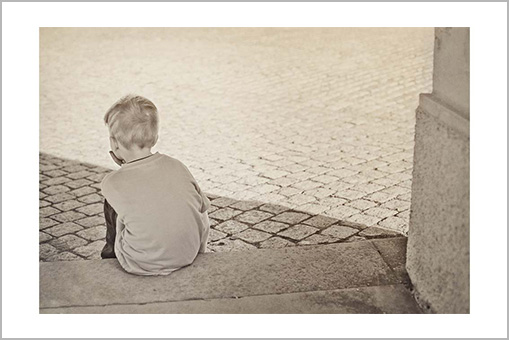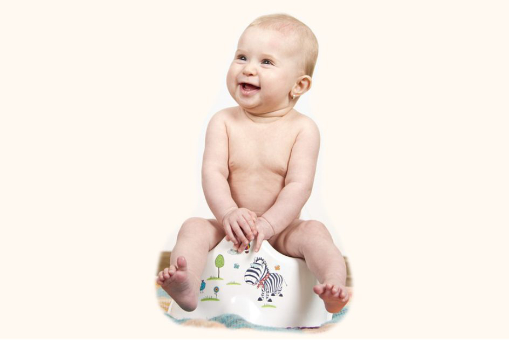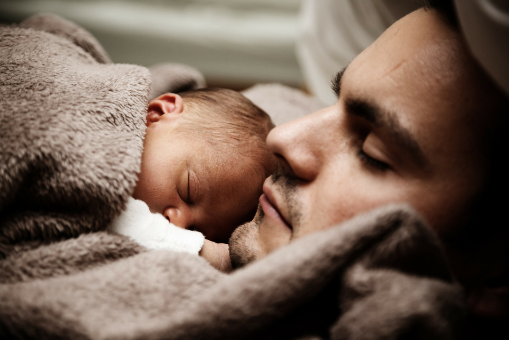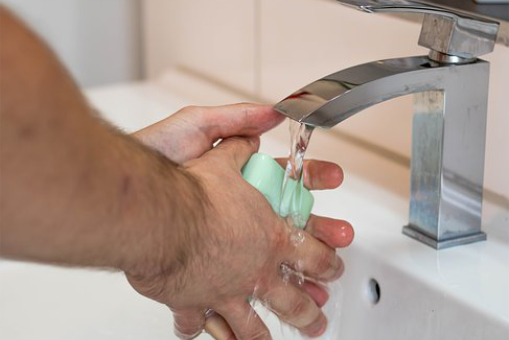What to do when a child deliberately withholds the stool, even though this creates pain and discomfort? Dr. Jovančević explains the mechanisms behind this condition and offers advice on how to help your child.
In later childhood (preschool or early school-age), it sometimes happens that the child deliberately withholds the stool. When experiencing tension, the child hops, clenches their legs, cries, all of which creates an intense reaction in the child’s surroundings. Excellent – the “trigger” has proven effective. The more requests to be seated on the toilet, the more reproofs – the greater the need for parental reaction and attention. As a result of the withholding, the stool becomes harder which makes the defecation – when it finally does occur – painful. All the more reason to supress the urge to defecate.

Sometimes, the child releases the formed part of the stool only half-way and then retracts it, thus soiling the underwear. Fear of defecation prompts the child to avoid food as they become aware that the more food they eat, the more defecation problems they will experience. It is only natural that parents find it difficult to remain calm when a child of school age constantly soils their underwear, spreading an unpleasant odour. They gradually lose control and start suspecting that the child is suffering from an organic disease. They often think their child is psychologically underdeveloped, while some may even suspect neurological or colon diseases.
Irregular defecation leads to a piling up of faecal mass in the colon, causing it to expand. This, in turn, reduces its ability to push the contents toward the rectum, exacerbating the delay in defecation. This illustrates the interrelatedness of physical and emotional problems: emotional imbalance creates physical changes (expansion of the colon, hardening of the stool, exacerbation of obstipation), which, in turn, have a negative effect on the emotional issues. Thus, a vicious circle is created, which is sometimes extremely difficult break.
Irregular defecation leads to a piling up of faecal mass in the colon, causing it to expand. This, in turn, reduces its ability to push the contents toward the rectum, exacerbating the delay in defecation.
The parents’ emotional approach should be completely neutral – neither “warm” nor “cold”. Bear in mind that this problem “feeds” on the parents’ reactions. The stool should be regulated. The child is often given various preparations that soften the stool (lactose), to make it pulpy and less hard. A high-residue diet is also introduced, which helps increase the mass in the colon, thus preventing a delay created by insufficient food intake. Stool created in this way cannot be withheld, and the defecation is not as painful as in the case of hard stools. The fear of painful defecation gradually disappears and the child learns to relax the outer muscle of the colon when they feel the need to defecate.
The intestines gradually contract and their efficiency in pushing out content increases. In situations like this, it is important to be open with the child and not underestimate their intellectual abilities. Each insistence that the child use the toilet carries a certain message with it: You are not capable of realising you need to go to the toilet; You don’t know how to solve your own problem; Doesn’t it bother you that you are dirty and smelly? All of these send a terrifying message – they tell the child that they are incapable of taking responsibility for their body’s basic function, that they are mentally challenged, all of which creates an unbearable feeling of guilt. This takes a toll on the emotional framework which is fragile to begin with, making the child feel even worse. This triggers their natural reflex to cling even tighter to their mother, which, in term, only exacerbates the problem and intensifies the parents’ emotions. The vicious circle is thus complete.






